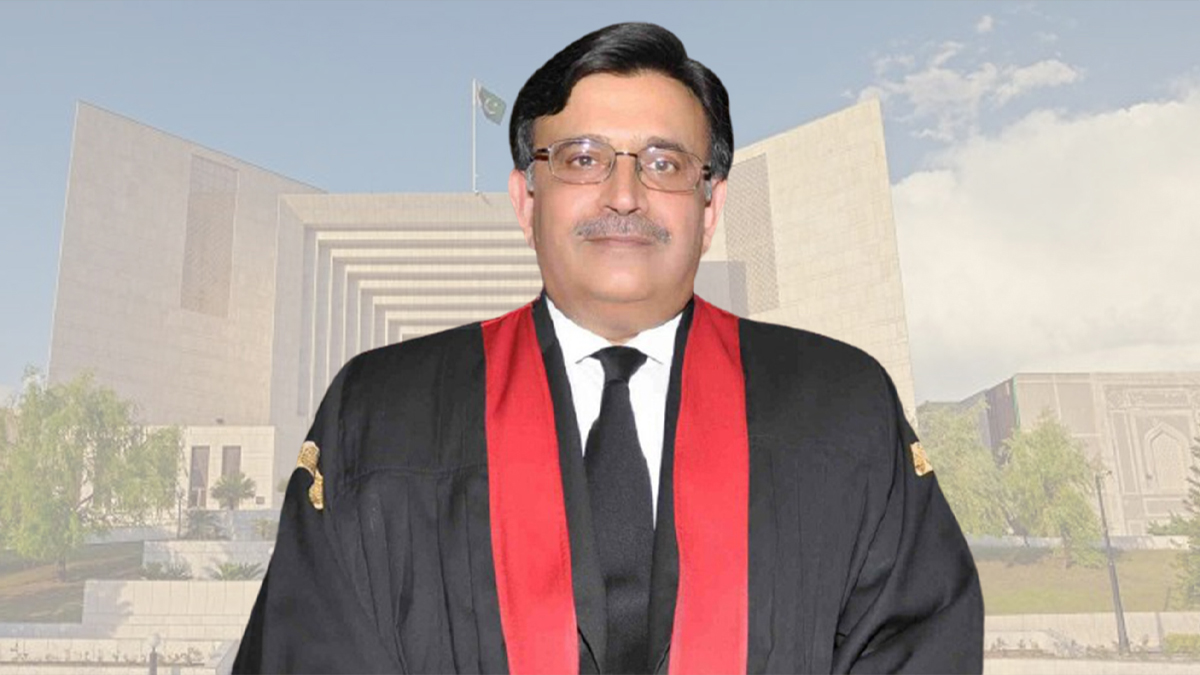
Two-Hour-Long Audio Recording Of Tthe Session
When Chief Justice of Pakistan (CJP) Umar Ata Bandial loosened the commission’s rules and instructed the release of the over two-hour-long audio recording of the session to the public on Friday, the debate surrounding the developments during Thursday’s closed-door meeting of the Judicial Commission of Pakistan (JCP) intensified.
The letters were written by two JCP members, Justice Qazi Faez Isa, a senior puisne Supreme Court judge, and Justice Sardar Tariq Masood, who both claimed the meeting had disapproved the nominations of judges proposed by the CJP for elevation to the top court, prompted the release of the recording.
However, the meeting had been postponed, according to a news statement from the chief justice’s office’s public relations officer, so that the CJP could provide more information and statistics about the nominees and, if necessary, add more names to the list for consideration.
Read More | Political Turmoil Leading To Market Uncertainties: Finance Ministry
Read More | Import Ban Lifted On Luxury Items
JCP meeting audio recording was released on Friday
A new press statement announcing the release of the JCP meeting audio recording was released on Friday, perhaps in an effort to end the controversy. Under the guise of secrecy, a senior counsel said, “This infighting among the judges can only bring a bad portent to the institution that administers justice,” recalling how a CJP had been isolated, demonised, physically beaten, and dismissed in 1997. “The similarities to now are astounding.”
Justice Shahid Waheed of the Lahore High Court, Chief Justice Qaiser Rasheed Khan of the Peshawar High Court, Justice Syed Hasan Azhar Rizvi, Justice Muhammad Shafi Siddiq, and Justice Naimatullah Phulpoto of the Sindh High Court were all up for consideration by the JCP for elevation to the Supreme Court.
The audio recording was made public as a result of Justice Masood, one of the nine JCP members, highlighting the necessity for accurate and factual minutes of the meeting that included specifics of each member’s views and conversations in a letter to other commission members, including the CJP. The audio recording covered each nominee’s qualifications and the decisions they made.



